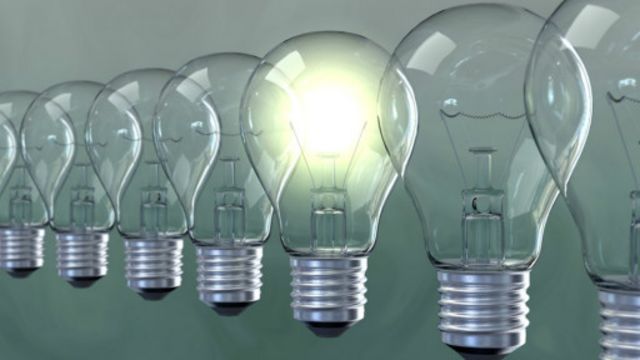Energy:
Definition: Energy is the capacity to do work or produce a change in the state of a system. There are various forms of energy, and the law of conservation of energy states that the total amount of energy in an isolated system remains constant over time.
Energy can manifest in various ways, including:
- Kinetic Energy: Associated with the movement of an object. The faster an object moves, the greater its kinetic energy.
- Potential Energy: Stored in an object due to its position or state. Potential energy can be converted into kinetic energy when the object moves.
- Thermal Energy: Related to the temperature of an object. At the molecular level, it represents the movement of particles.
- Chemical Energy: Stored in the bonds between atoms and molecules. It is released during chemical reactions.
- Electrical Energy: Associated with the flow of electrons through a conductor.
- Nuclear Energy: Released during nuclear reactions, such as nuclear fission.
Fun Fact:
An interesting fact is that energy is neither created nor destroyed, only transformed. This is the basis of the principle of conservation of energy, first formulated by physicist Hermann von Helmholtz in the 19th century. The ability to convert energy from one form to another is fundamental to our understanding and application of physical principles in various areas, from electricity generation to the mechanics of vehicles.


No comments:
Post a Comment